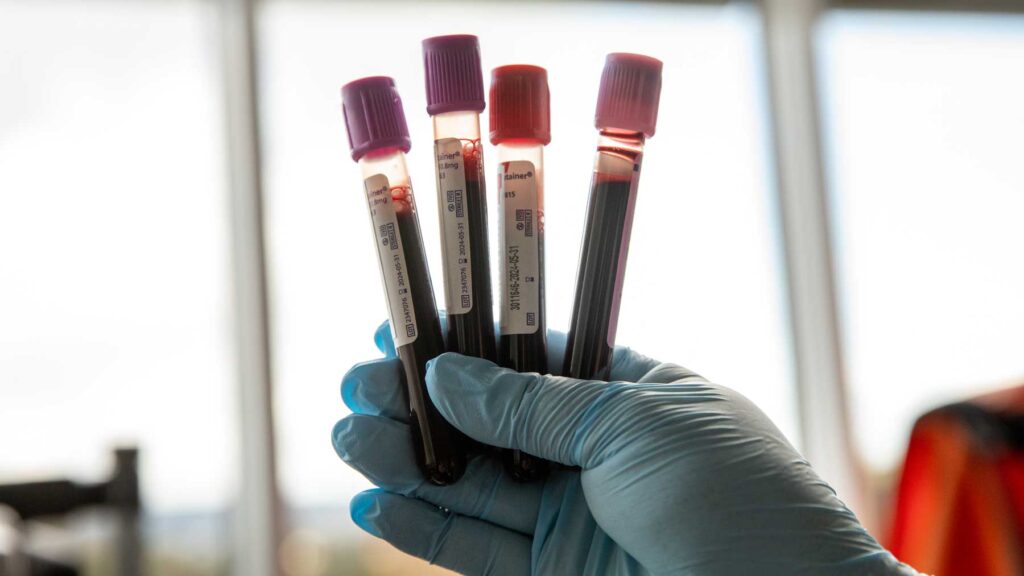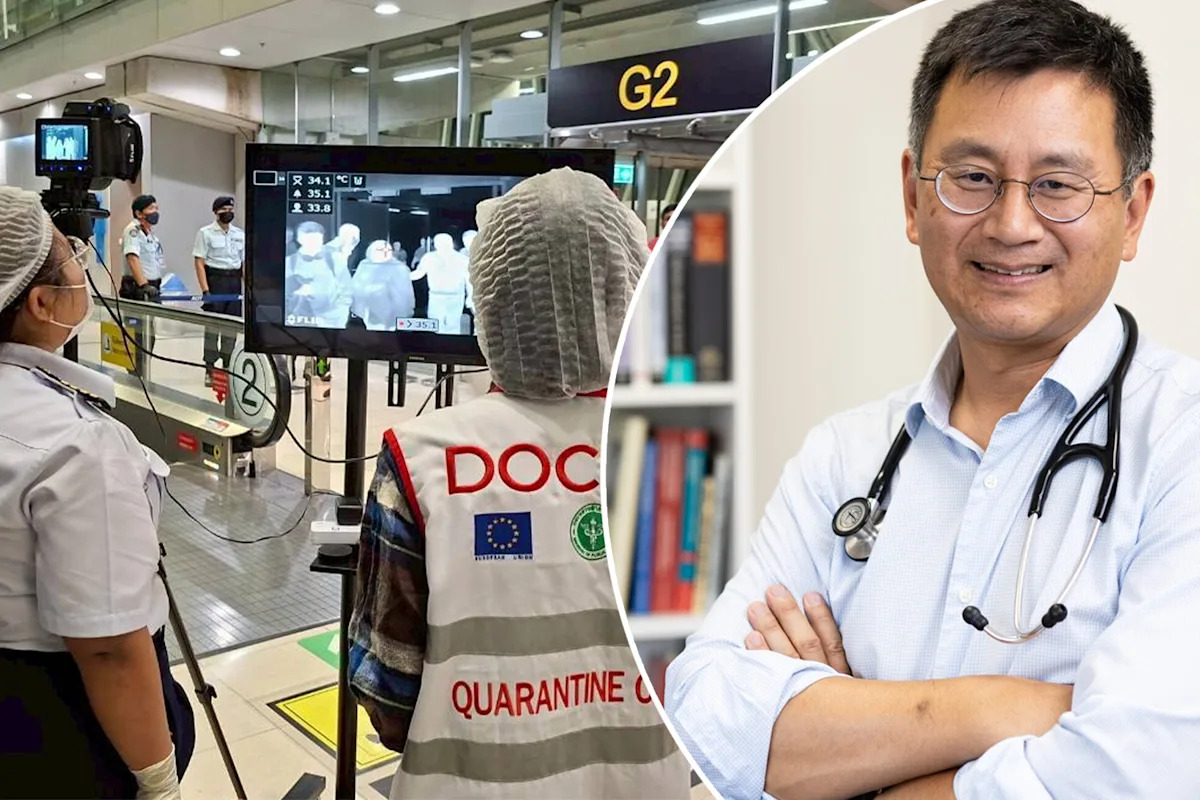
In a groundbreaking development, researchers at UC San Francisco’s School of Nursing have unveiled a potential method for early detection of type 2 diabetes through the study of microRNA. Led by Elena Flowers, PhD, RN, a professor of physiological nursing, this research could transform how the disease is diagnosed and treated, potentially impacting millions of Americans.
Type 2 diabetes, a condition affecting over 36 million people in the United States, is typically diagnosed in adulthood when the body becomes resistant to insulin or fails to produce enough insulin to manage blood sugar levels. The disease is influenced by a combination of genetic, lifestyle, and environmental factors, making early detection and intervention crucial.
The Role of MicroRNA in Health
Dr. Flowers poses a compelling question: “What if a disposition for type 2 diabetes could be recognized early at a molecular level before the body begins a trajectory toward the disease?” The answer, she suggests, lies in microRNA—tiny molecules in the blood that can influence gene expression.
MicroRNA, small sections of RNA derived from DNA, carry instructions that determine which genes are activated. These molecules can be affected by various factors, including stress and inflammation, offering insights into how similar genetic risks can lead to different health outcomes.
MicroRNA as a Diagnostic Tool
A simple blood test measuring microRNA levels could potentially identify early signs of type 2 diabetes before clinical symptoms manifest. Moreover, it could serve as a tool to monitor treatment efficacy, providing a new dimension to diabetes management.
“A simple blood test to measure the amount of microRNA could identify early signs of type 2 diabetes before signs and symptoms appear.”
Implications for Diabetes Treatment
Recent research by Dr. Flowers has shown that the diabetes medication metformin alters the type and amount of microRNA involved in glucose absorption and inflammation regulation. This discovery could lead to the development of biomarkers detectable in blood tests, allowing healthcare providers to tailor treatments and predict patient responses to metformin.
This advancement in understanding microRNA’s role could pave the way for personalized medicine approaches, potentially revolutionizing diabetes prevention and treatment strategies.
Social and Environmental Influences
Beyond biological factors, Dr. Flowers is exploring how social determinants like race, ethnicity, and migration impact microRNA expression and health outcomes. Her studies aim to uncover how these factors influence disease susceptibility and progression, offering a path toward more precise and personalized medical interventions.
“The impact of identifying adverse social determinants of health on microRNA levels has the potential to make medicine more precise and personal.”
The Intersection of Nursing and Research
Dr. Flowers’ journey into nursing and research was driven by a holistic view of health, recognizing that outcomes are shaped by a myriad of factors. Her work emphasizes the importance of understanding biological and physical processes to provide optimal patient care.
As an educator, she integrates her research into teaching genomics, aligning her academic and scientific pursuits to train the next generation of nurses in comprehensive health assessment and care planning.
In conclusion, the research spearheaded by Dr. Flowers at UC San Francisco holds promise for the early detection and personalized treatment of type 2 diabetes. By leveraging the potential of microRNA, the medical community may soon have new tools to combat this prevalent disease, improving outcomes for millions of individuals worldwide.





